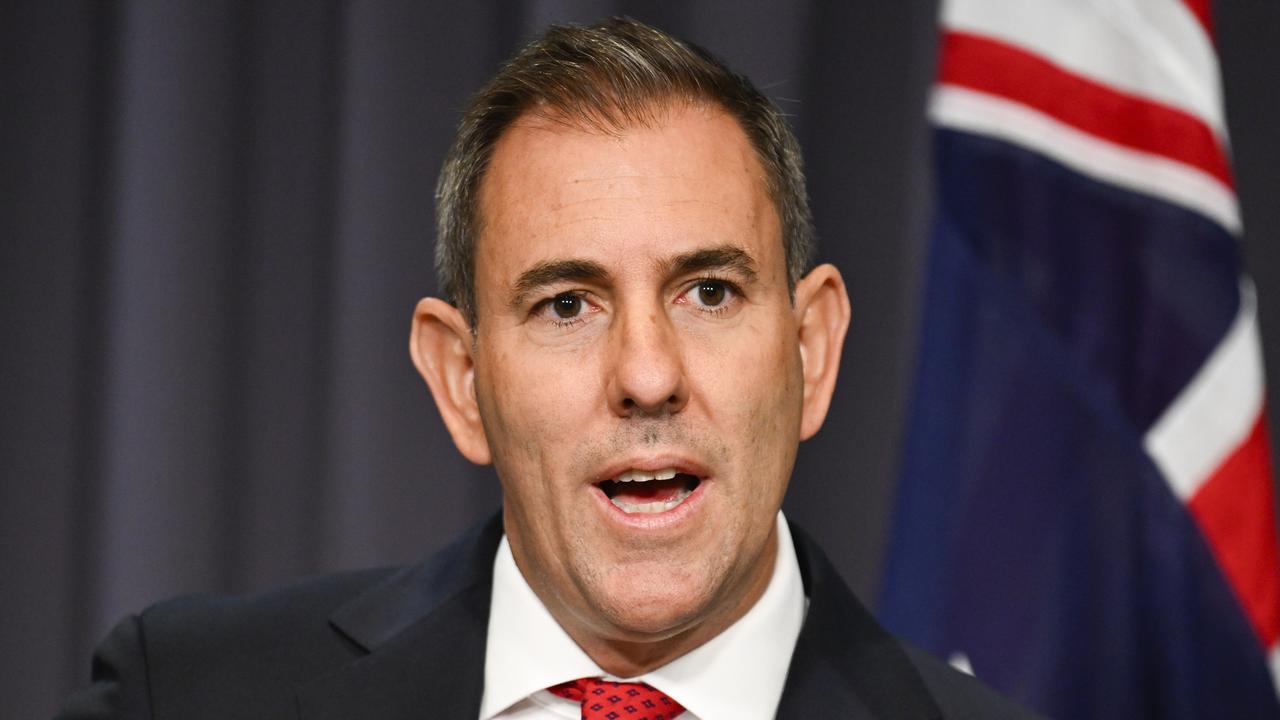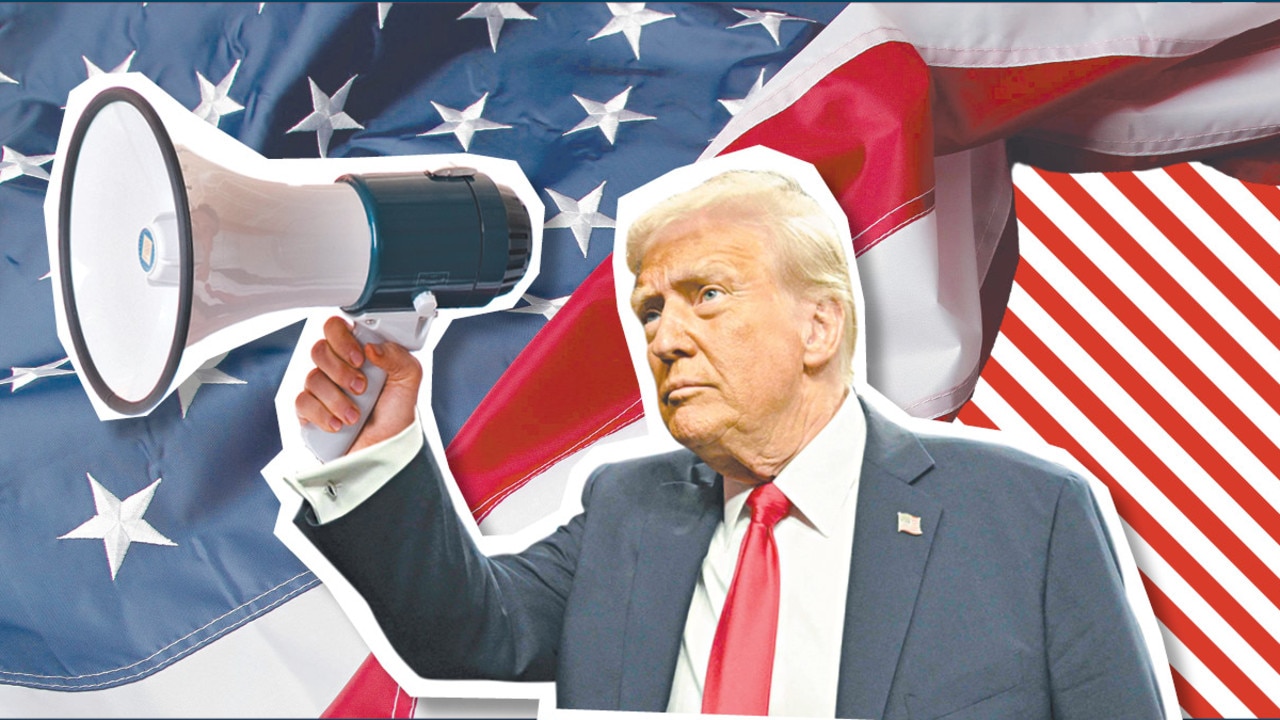Employees with a vested interest in their workplace a proven boost to productivity
In the UK more than one business per day is being sold to its employees and data shows the model is outperforming national productivity numbers by some margin.

While the Treasurer is hoping his new $900m cashbox will inspire state governments to come up with bold new ideas to boost productivity, there’s one internationally proven strategy just staring us in the face. How about facilitating the sale of Australian businesses to the people they employ?
It’s an approach that’s taken off in the UK, where more than one company per day is currently being sold to its employees under a model of employee share ownership known as “employee ownership trusts (EOTs)”. There are already more than 1750 EOTs operating in the UK, the top 50 of which account for some £23bn ($45bn) in annual sales revenue.
And not only is the trend towards EOTs contributing to employee wellbeing and more equitable rewards for business success. A landmark report released late last year by the UK Employee Ownership Association found that the employee ownership sector is outperforming national productivity numbers by 8-12 per cent.
The impetus for this dramatic transfer of power and ensuing lift in business productivity lies in a tax exemption afforded to business owners who sell their business to employees, rather than selling to larger competitors or private equity.
The model, which frames employees as central to the success of the business and stewards of its long-term sustainable survival, is also underpinned by organisational structures that promote employee engagement – an “employee voice” (often in the boardroom), commitment to staff training and a strong values-based ethos.
Up-to-the-minute research from professional services group Evelyn Partners found that selling to employees through an EOT is now considered the second-most popular exit option for business owners in the UK, trumped only by family succession.

So, how well placed are we in Australia to take advantage of this new approach to mitigating income inequality by distributing wealth from business owners to their employees? A pipeline of Australian companies is keen to try but, in most cases, the process has stalled due to uncertain tax implications.
The first global survey of employee share schemes released this year by the Global Equity Organisation saw Australia lagging well behind the US and advanced economies of Europe, and also New Zealand. Conducted by a team of global equity compensations specialists, including a group of us from Arnold Bloch Leibler, the survey measured operating environments across 26 countries for employers adopting, and employees participating in, employee share schemes.
Australia’s tortuously complex tax rules and historic regulatory constraints on unlisted companies in scaling up share plans saw Australia ranked 16th – the lowest in the English-speaking world. The UK, Switzerland and France were at the top, with the Philippines and Vietnam at the bottom.
The reality is that, in the debate between taxing labour and capital, Australia’s tax policy settings are completely out of balance. We tax labour heavily and capital relatively lightly in the form of an exemption for the family home, generous superannuation concessions, a 50 per cent discount on capital gains and no inheritance taxes.
Employee share ownership sits at the fulcrum of the debate between taxing labour and capital as it enables the provision of labour to be rewarded with capital in the form of equity. It better aligns the incentives of workers with shareholders, creating an ownership mentality and providing a nest egg for workers’ long-term financial security.
Our existing laws around the taxation of trusts make it very tricky to recreate the EOT model in Australia. And without specific tax reform that views the model as a valuable tool for lifting productivity and sharing wealth, it will remain a fringe attraction.
Which makes a visit to Australia this week by the architect of EOTs in the UK so timely.
Graeme Nuttall OBE, the architect of Employee Ownership Trusts in the UK, has been invited by Employee Ownership Australia to help educate Australian policymakers around the value of the model. His program includes a meeting with the Fair Work Ombudsman, Anna Booth, and events for would-be EOT company representatives in Sydney, Melbourne and Adelaide.
If our government really wants to boost productivity and share wealth, it should start treating employee share ownership as a mainstream vehicle by emulating the kind of tax incentives offered in the UK for EOTs.
Additionally, the government should increase the $1000 tax exemption for shares given to employees of listed companies, which was set way back in 1997 and is now woefully inadequate as a retention incentive. The popular tax concessions for options granted by start-up companies should also be expanded to accommodate a greater range and number of businesses.
With billions of dollars of private wealth beginning to change hands as the boomers head for their various exit ramps, now would be the perfect time to enact bold reforms, similar to those in the UK, to put a generation of workers in the box seat to drive the next generation of growth through thriving Australian businesses.
Shaun Cartoon is a tax partner at Arnold Bloch Leibler, fellow of the Global Equity Organisation and member of Employee Ownership Australia’s expert panel




